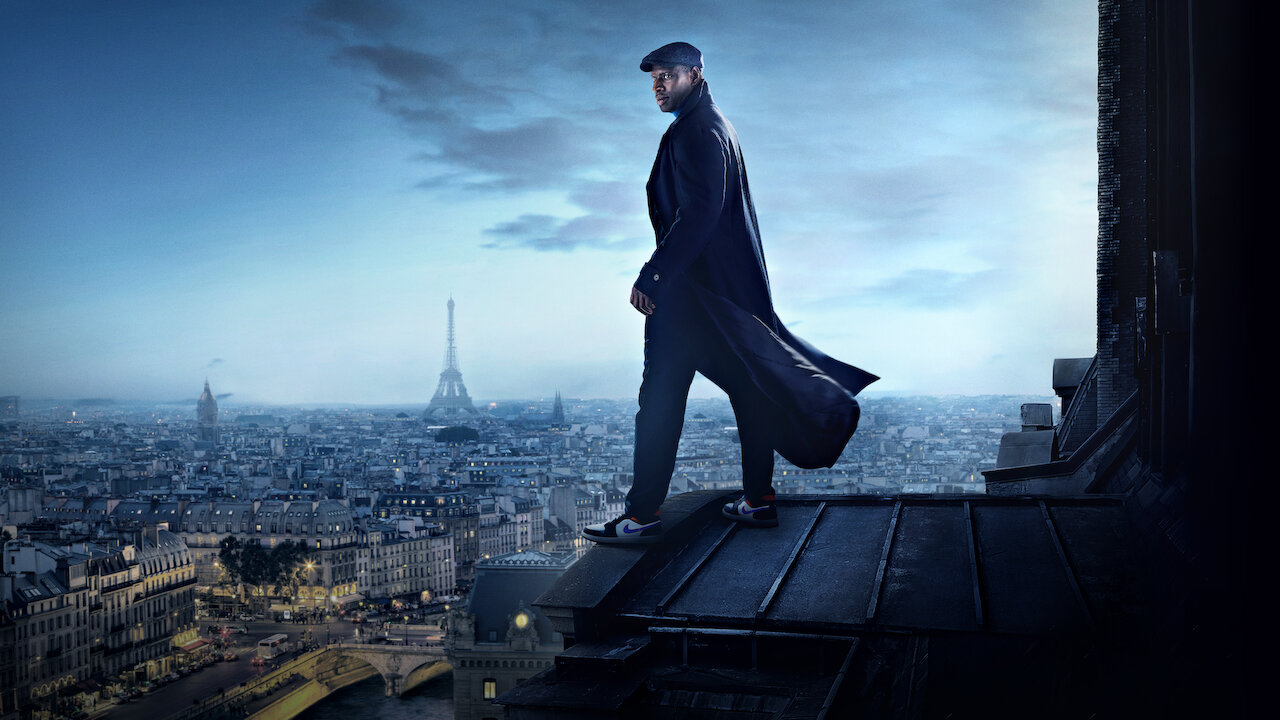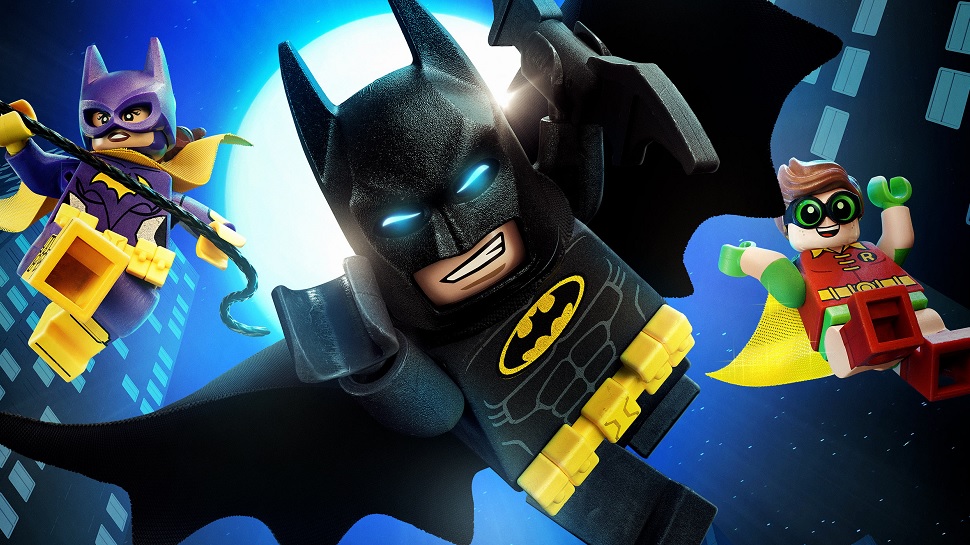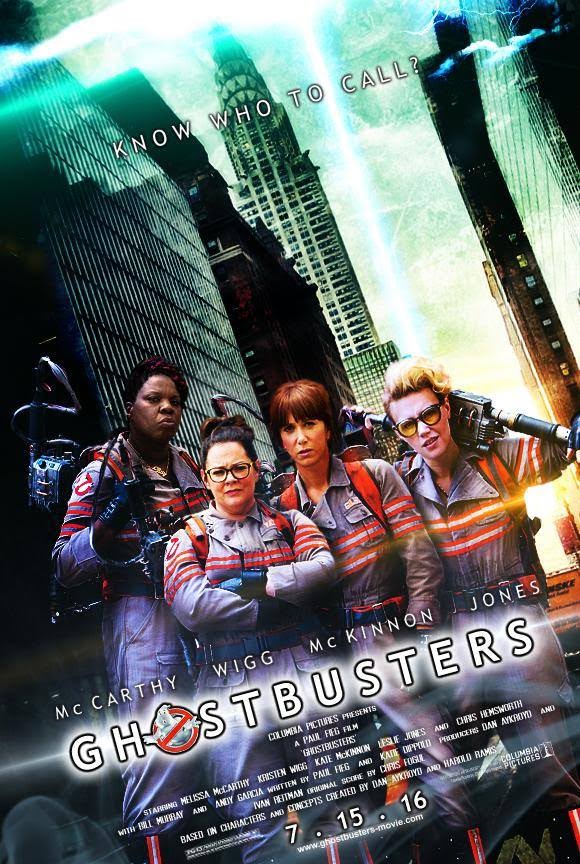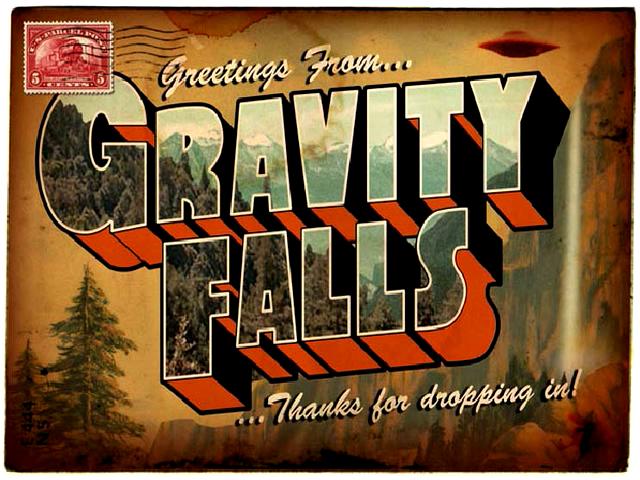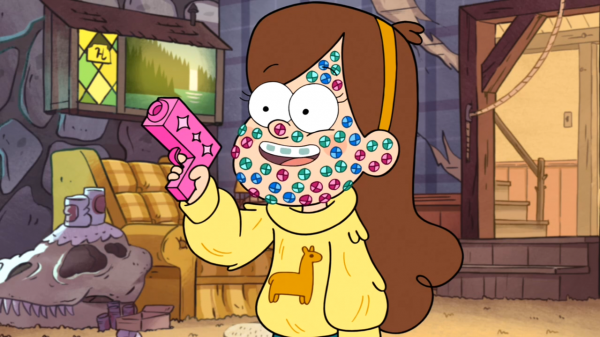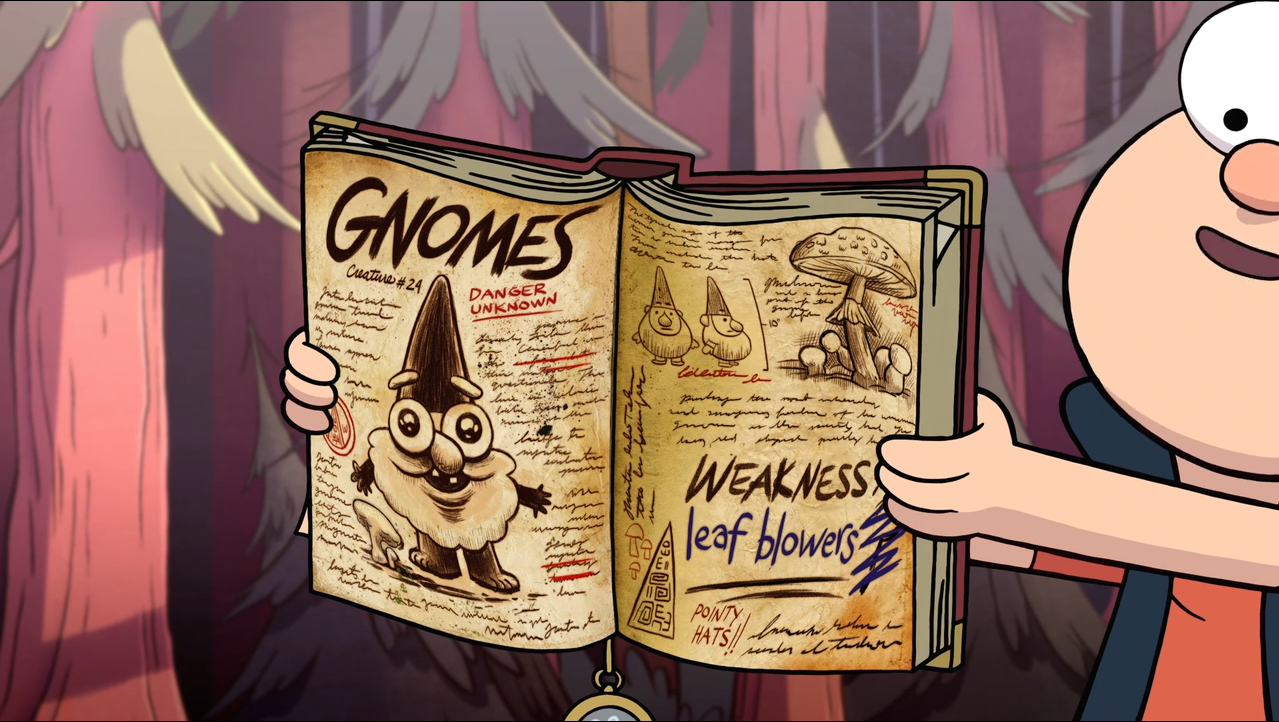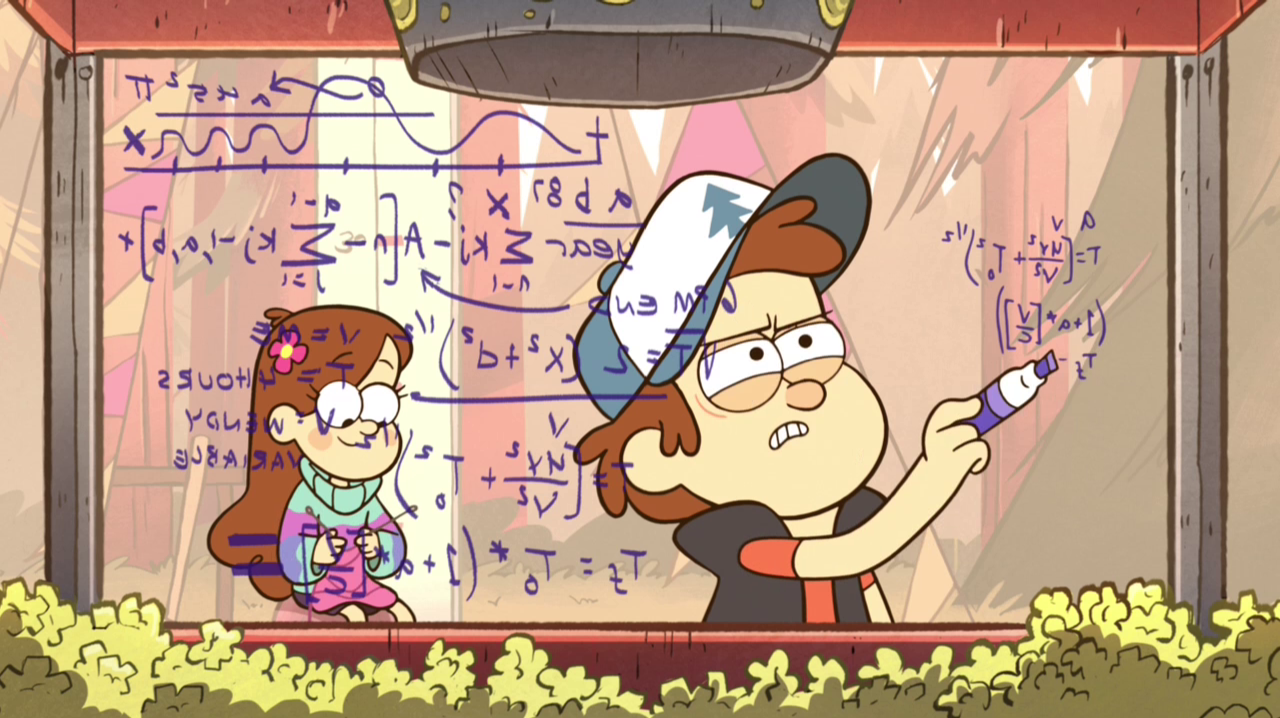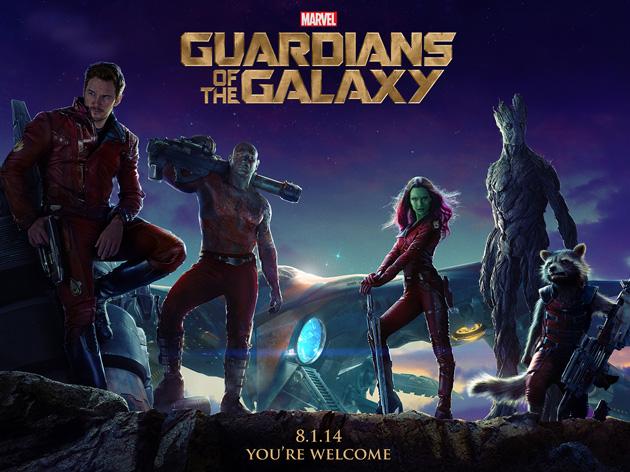
So, look, Palm Springs checks a lot of boxes for me.
Palm Springs could have been half as good and would still have entertained me. Instead, this movie had me cackling and murmuring appreciatively by turns.
It’s a deeply philosophical character study wrapped up in a semi-absurdist grim comedy about life, and what it means to be a part of it. It’s my kind of good movie.
It’s got time loops. It has characters who feel believably human throughout the situations they’re stuck in. It takes the opportunity offered by playing with time loops to delve into what makes those characters tick, what they believe about the world, and how that drives the decisions that they make. There’s some love, there’re plenty of personal realizations and comedic moments, there’s a bit of enlightenment, and there’s a whole lot of dying (with very little gore).
I loved this movie.
That’s because…
First off, I’m a sucker for time travel. I’m even more of a sucker for time loops. I’ll enjoy stories built on either of those things, because they delight me even when other parts of a story aren’t as good.
Another thing I like: I like stories with characters who feel believably human. I like characters who feel internally consistent. I like characters who—even if they disavow this—have personal philosophies and worldviews that I can understand through observing the characters interacting with each other and their world.
Watching believably human characters play off each other and struggle with their beliefs about the world and life, seeing that done well, that’s a treat. It’s even better when I recognize some of the philosophical and spiritual underpinnings of the perspectives in play.
Now, I don’t want all of my movies to be about people struggling with those perspectives on life. Nor do I want every movie I watch to be about people struggling with their worldviews as they intersect with others’. Someone no doubt argues that every story is that, probably Truby, but that’s missing my point.
Besides which, Palm Springs does all that without making it feel cumbersome. I say that it’s deeply philosophical, but none of that gets in the way of enjoying anything else going on in the movie. It’s the perfect approach to an “all-ages” philosophical text; much like those exemplary Pixar movies designed to entertain children and adults simultaneously, Palm Springs is accessible at any one of a variety of levels.
Though, uh, it’s not exactly a kid’s movie.
Still. If you want to watch Palm Springs as a romance, that’s available. If you want to watch it as an exploration of the Hindu and Buddhist teachings on reincarnation, proper action, suffering, and enlightenment, that’s there too! And if you’re looking for a grim comedy where some hooligans make a bunch of regrettable choices and suffer (somewhat) for them, that’s there in spades.
This movie will inevitably be compared with Groundhog Day, because… time loops. And because they’re so similar. Also, heh, this post is going up on Groundhog Day despite me having watched the movie maybe a month ago.
What I mean is, Groundhog Day is *the* present cultural touchstone for anything like Palm Springs. Hell, Groundhog Day digs through a lot of the same material and wrestles with many of the same philosophical questions. I doubt Palm Springs would exist without Groundhog Day. In a number of ways, Palm Springs feels like a modern update to the older story.
That modern update makes a huge difference for me. In a good way.
Annnnnnd here we hit the *SPOILERS*.
For all that Groundhog Day and Palm Springs cover similar ground, Groundhog Day is trapped in a romance story’s paradigm. Winning the love (and belief) of someone not stuck in the time loop through engaging in proper moral action—and through showing off whatever skill you’ve developed over your eternity in this time loop—is the path out. That conclusion isn’t stated explicitly, but it’s sure as hell implied by the movie.
It’s a romance story. Love saves the day. Being a more moral human helps, and is important, but love saves the day.
Palm Springs offers that conclusion, and then explicitly rejects it. Right action, doing the right thing, atoning for previous faults or doing good wherever you can… don’t get you out of the loop. Being in love also doesn’t let you escape. Not even reaching peace and acceptance will bring you out.
But… they’re all important.
Escaping the time loop takes significant, hard work. And escaping the loop is important to the film’s plot. But it’s not achieved because “love saves the day,” it’s not “following the romantic plot brings escape from misery.” It’s something orthogonal to any of that.
No, the experience of finding peace, and of (mostly) doing the right thing by others, and of being able to love one another, those are all important for their own reasons. They have their own value. They can make existence better. And, critically for how this film compares to Groundhog Day, they ultimately aren’t the key to escaping the eternal time loop which is such an easy metaphor for existence.
Basically, Groundhog Day is a story about a trapped guy growing enough that he finally gets the girl and thereby finds freedom. Palm Springs is about people reaching enlightenment and finding joy—together, and as individuals.
I love that change. It means that Palm Springs doesn’t fall into the same Hollywood romance-logic trap. So many romance-genre stories build up romantic attachment into an impossible ideal that leaves any human relationship feeling flawed or inevitably doomed by comparison. Palm Springs nimbly vaults across that yawning chasm of bad writing which plagues so many genre stories, and feels more real and more human as a result. Because of that, I can enjoy the romance storyline without wanting to tear my hair out. I love it.
Another thing: Groundhog Day focused solely on one person. No one else was in the loop as well. That meant that there was no way for anyone else’s perspective on the world, on life, to respond to and adapt to any internal shift experienced by Bill Murray’s character. Yes, he could talk to other people, and yes they could share their whole perspective with him, and sure, he could come back and talk to them again another day with a different perspective. But everyone else was stuck in one place and time in their lives.
Palm Springs doesn’t do that. With multiple characters caught in the loop, it gives us a richer connection, more byplay between characters. The other people in the loop can come to their own realizations, they can grow and change and travel their own personal courses. They aren’t static.
That makes a phenomenal difference. What’s more, it means that when we’re given a deeper look at the life of these characters, their jumping off point for each repetition of the day, we can see how they’re trapped in turn by their own circumstances, their own pain. That, in turn, recontextualizes everything that’s come before. Laying bare the private sufferings of the characters, peeling back the layers for the audience throughout the movie, lends nuance. It makes them feel more human, and more comprehensible.
It also makes their growth, their changes, and the ways they play off each other so much richer. Those slow revelations feed neatly into how the characters’ perspectives bounce off each other over and over, changing a bit every time. It’s a well-established screenwriting technique—Truby loves it, see The Anatomy of Story—but this might be the clearest depiction of it that I’ve seen yet. It’s part of what had me muttering appreciatively, or just saying “wow,” throughout the film.
*END SPOILERS*
So.
Yes, I think you should watch it. I’m sure there are people who will see this movie and feel nothing, or be frustrated by things that I didn’t notice. Maybe if I watched it again I’d have a more critical perspective. But if you, like me, enjoy time loops and good human characters and dark comedy and a bit of romance and some philosophy… watch it.
Palm Springs is my kind of good movie.


